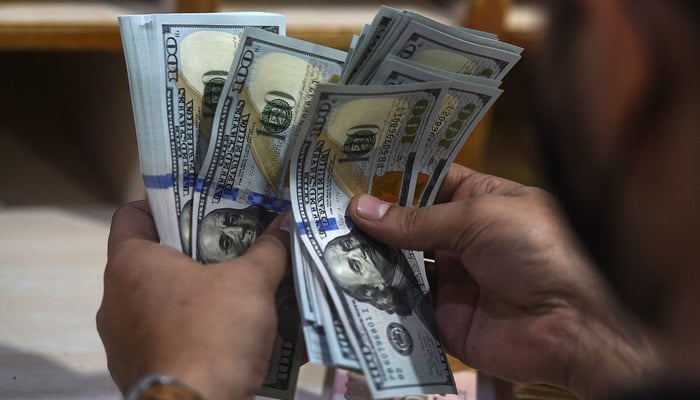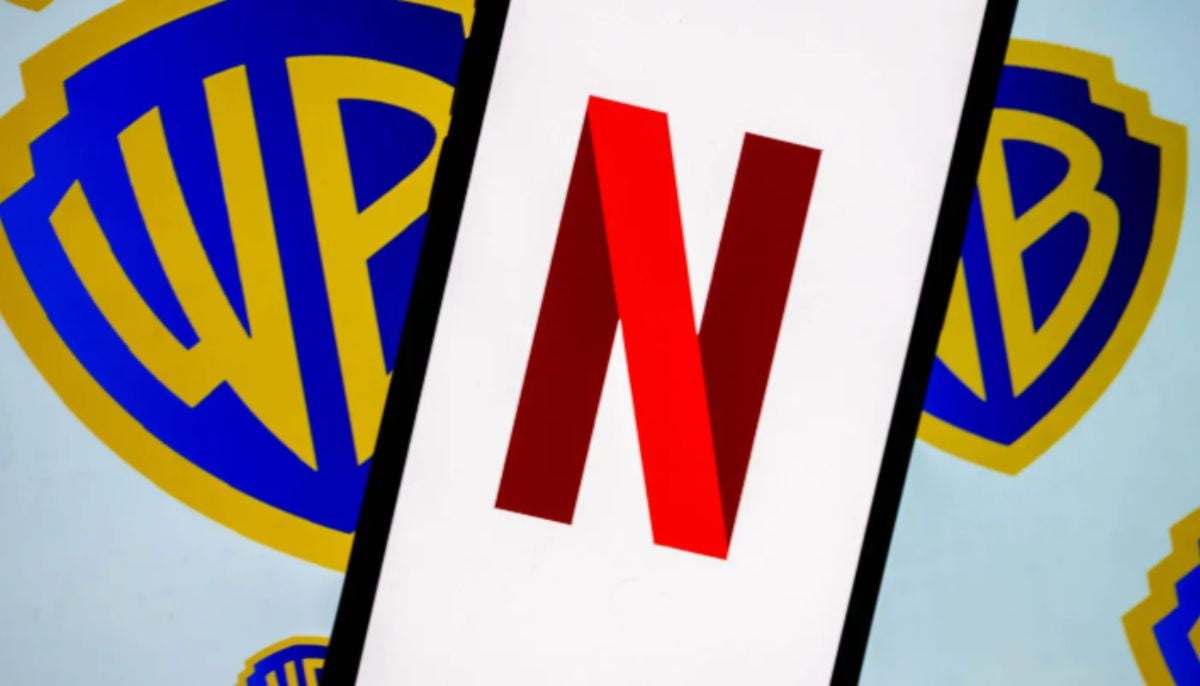Strategies to increase remittance through formal channels
Developing strategies to encourage overseas Pakistanis to use formal channels to send remittances has potential to improve country’s reputation
While marking the 72nd national day of Pakistan, the country’s envoys celebrated the contribution of overseas Pakistanis sending remittances back to the homeland.
It is indeed with great pride that Pakistan can report a year-on-year increase in remittances sent by overseas Pakistanis, which has helped the country on an individual and collective level.
Data from the World Bank shows that Pakistan’s personal remittances as a percentage of the country’s GDP equated to 6.5% in 2017 compared with 9.9% in 2020, marking a notable increase. A comparison of this percentage with other regional countries shows that Pakistan is doing exceedingly well in this respect, with Bangladesh at 6.7% and India at 3.1% as of 2020.
Statistics released by the State Bank of Pakistan show that the top five countries sending workers’ remittances to Pakistan, for February 2021, are Saudi Arabia ($528.7 million), UAE ($483.8 million), the UK ($346.7 million), the USA ($209.8 million) and Oman ($81.9 million).
This makes sense given the size of the Pakistani diaspora, with Saudi Arabia boasting the largest, followed by the UK and then the UAE. But Pakistanis in the US hold a high socioeconomic status and the households are earning over the country’s median income, faring substantially better than their counterparts in the UK.
But research has shown that several issues need to be addressed to not only further increase remittances, but to increase remittances through formal channels. Remittances can be sent through informal channels, which can be used for illicit purposes like money laundering and terrorism financing.
The Financial Action Task Force (FATF) monitors how countries are addressing these issues and any deficiencies in such strategies negatively impact a country’s reputation within the global financial system.
Bankers Anneke Kosse and Robert Vermeulen, in a working paper for the European Central Bank in 2014, suggested that one of the main reasons why migrants favour informal over formal channels is because of the low transfer cost.
FATF said in its 2016 guidance on ‘Money or Value Transfer Services’ that financial services, like remittances, ought to be provided through institutions that are “subject to adequate regulation in line with the FATF Recommendation” to have the potential to reduce overall money laundering or terrorism financing “by bringing customers into the regulated sector.”
To increase the flow of remittances to Pakistan through formal, regulated channels will have a double impact, firstly for Pakistan economically and secondly by demonstrating its continuing commitment to address money laundering and terrorism financing, as per FATF’s standards.
As Pakistan remains on the ‘grey list,’ this should be a priority and because the motivation to use informal channels is because of low transfer cost, a reduction in this could motivate more people to use formal channels. To get off this list, Pakistan is expected to demonstrate that it is pursuing money laundering investigations and prosecutions to address the final item on its 2021 action plan.
Kosse and Vermeulen also found that formal channels may be used more if “new innovative remittance solutions”, like mobile payment solutions, are used to widen access.
Companies, like the US-based Remitly, have helped to facilitate this strategy already. Pakistan also inaugurated its application in 2021 as part of the Sohni Dharti Remittance Program, which is a point-based loyalty scheme where money is sent from abroad to Pakistan through banking channels or exchange companies. It is available as an app.
The remitters earn points based on what they send and there are three reward tiers: Green, Gold and Platinum. This is a strategy that others should follow because it incentivises people to send remittances through formal channels.
However, the app has a low rating and some users have complained that they did not receive reward points for remittances sent back home. Therefore, this app could be redeveloped, or a new point-based app could be launched in its place.
The development of strategies to encourage overseas Pakistanis to use formal channels to send remittances has the potential to improve the country’s reputation in the FATF’s eyes and in the wider financial community.
But these strategies need to incentivise people with lower transfer costs and innovative solutions. Pakistan has already taken steps towards this, as shown by the development of the app, but customer ratings show there is room for improvement.
Author is a health economist and neurologist consultant. He is leading Overseas Overseas Commission of Pakistan (Punjab). He tweets @shahidm77140275
-
Bitwise Crypto Industry innovators ETF: What investors should do in 2026?
-
Nintendo shares slide again as momentum fears grow
-
Gold, silver prices fallen sharply; What’s driving the drop?
-
Gold’s record climb: Experts question if its safety is ‘overstated’
-
Dubai unveils plans to construct street built with real gold
-
Netflix slams Paramount’s bid: 'Doesn't pass sniff test’ as Warner battle escalates
-
Ubisoft: Shares plunge amid restructuring plan and wave of games cancellations
-
Netflix revises Warner Bros. deal to $83 billion: All-cash offer












